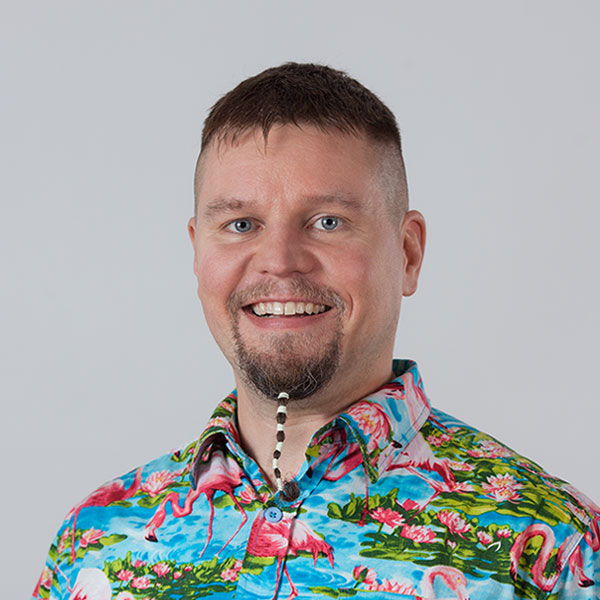The aim of the 6Aika project The Smart Learning Environments of the Future is to improve the business opportunities of companies that develop services, products and technologies related to learning and smart learning environments, both physical and virtual. Another central aim of the project is to advance the development of user-oriented learning environments in the six cities involved in the Six City Strategy.
The aim of Forum Virium Helsinki’s subproject is to create a lasting operating model through which schools can highlight their needs and challenge companies to respond to them.
Opening up the needs of schools to companies will result in the creation of pedagogically effective products that have a good chance of succeeding in the export market. The operating model will be developed into an innovation platform that will benefit both schools and companies.
Needs challenge companies to create user-oriented solutions
Forum Virium Helsinki’s role in The Smart Learning Environments of the Future project is to create the foundation for the new operating model, through which companies can be kept continuously informed of the needs of schools. Highlighting needs also serves as a signal to new entrepreneurs, enabling the establishment of new enterprises. This kind of ‘information bridge’ between companies and schools is something that has not previously existed in Finland or globally.
Co-creation between schools and companies is still a relatively new concept. In Espoo, this kind of co-creation has been enabled through the successful implementation of a new operating model, called KYKY. However, the needs of schools are still largely a ‘black box’ for entrepreneurs. Highlighting the needs of schools and defining challenges based on them opens up opportunities for the development of new, pedagogically effective products. The products developed in this type of needs-oriented manner support the development of schools and also serve as export products.
Rapid experimentation and co-creation as export accelerators
Responding to needs through rapid experimentation helps speed up the development of companies and their products. In rapid experimentation, companies co-create their products in collaboration with teachers and students. In addition to facilitating a process of rapid iteration and genuine user-orientation, rapid experimentation also allow for the expert evaluation of products.
As a result of the experimentation, participating companies gain references, user experiences and third party assessment on the use of their products as part of the Finnish school system, a combination that will help companies bring their products to the export market faster. For schools, rapid experimentation provide opportunities to try out new products that are based on needs highlighted by the schools themselves. The experimentation will allow schools to test new solutions and evaluate their usability and pedagogic effectiveness.
Schedule for 2018
Needs and foresight survey: February–March
Definition of challenges: April
Publication of challenges and application process for rapid experimentation: May
Rapid experimentation selection process: August
Rapid experimentation: September–December
Evaluation of the first round: December
Project participants:
City of Helsinki (main implementer), City of Espoo, Forum Virium Helsinki, Tampere University of Applied Sciences, City of Tampere, Turku University of Applied Sciences, City of Turku, City of Oulu
Duration: 1 September 2017–30 April 2020
Budget: approx. EUR 5.4 million
https://6aika.fi/tulevaisuuden-alykkaat-oppimisymparistot/

Photo: Riku Pihlanto / City of Helsinki
Further information

Matti Hämäläinen
Mobile: +358 40 626 7995
matti.hamalainen(at)forumvirium.fi
